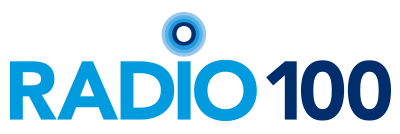
The Vietnam War became a subject of large-scale news coverage in the United States after substantial numbers of U.S. combat troops had been committed to the war in the spring of 1965. Broadcast reports with audio and footage from the Vietnam War was transmitted into viewers' homes, forever changing how television and radio covered wars. By 1968, at the height of the war, there were about 600 accredited journalists of all nationalities in Vietnam, reporting for U.S. wire services, radio and television networks, and the major newspaper chains and news magazines. The U.S. Military Assistance Command, Vietnam (MACV) made military transportation readily available to newspeople, including radio broadcasters, and some took advantage of this frequently to venture into the field and get their stories first-hand. Also during the war, Armed Forces Vietnam Network served more than 500,000 fighting men and women at one time. A number of local disc jockeys helped make hourlong music programs for broadcast. Perhaps the best-known program became the morning "Dawn Buster" program, (the brainchild of Chief Petty Officer Bryant Arbuckle in 1962) thanks to the popularity of the sign-on slogan "Gooooood Morning, Vietnam" (which was initiated by Adrian Cronauer and later became the basis for the film "Good Morning, Vietnam" starring Robin Williams).

November 2, 2020 marks the 100th anniversary of the first commercial radio broadcast. To celebrate this special anniversary, we’re shining a spotlight on 100 key moments in radio's history.
We hope you’ll join us in celebrating your favorite radio memories throughout 2020. Use the hashtag #Radio100 across social media to share these moments with the world. Here’s to 100 wonderful years of radio, and to at least 100 more!